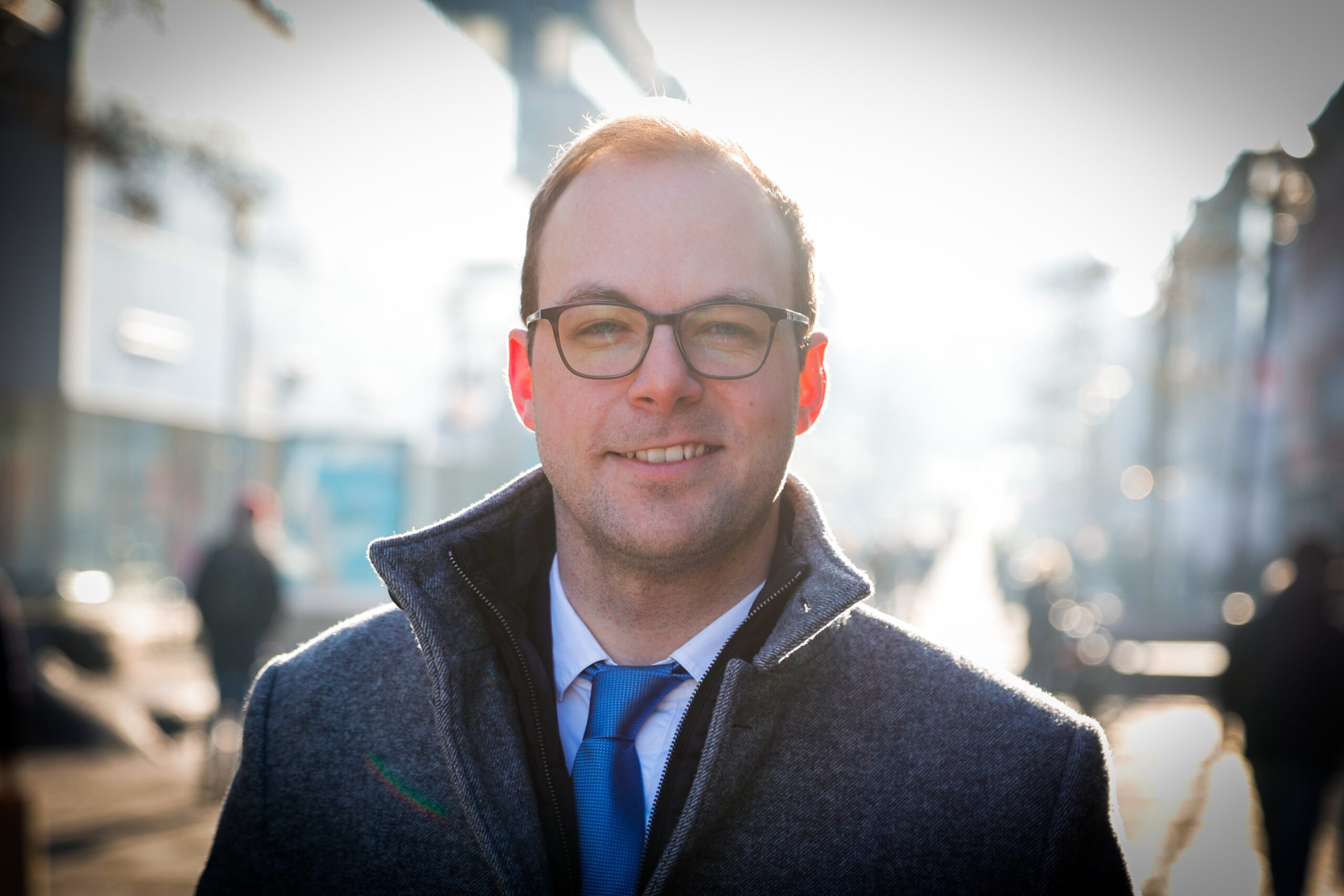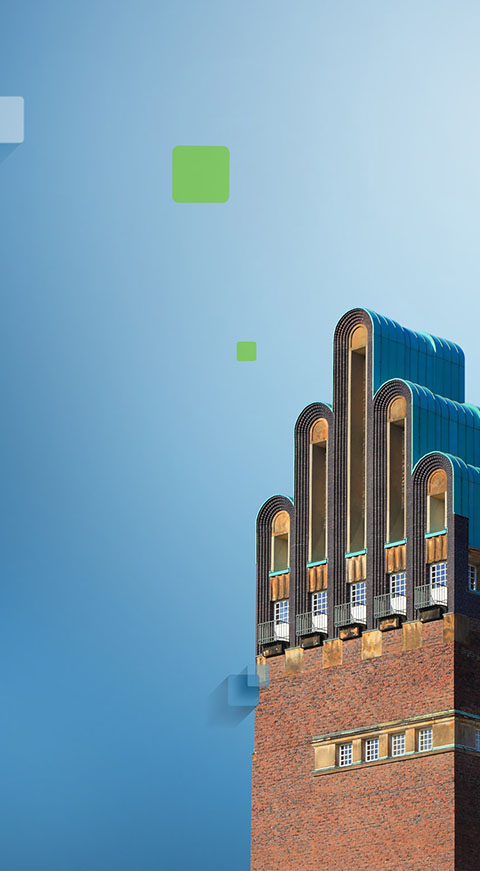
Before Holger Klötzner wrote his vision for a digital Darmstadt in 2030, a considerable amount of preparatory work and research had to be done. This isn’t wishful thinking or a casual idea—the document is based on figures, concrete assessments, and future studies.
The first decisive factor is that approximately 40 percent of Darmstadt City Administration employees will retire in the next ten years. While fewer and fewer skilled workers can be recruited, the scope of public services is increasing.
So it’s time for a critical and honest self-analysis and a plan for how to address this challenge. “Without a significant improvement in daily operations, we will no longer be able to keep the proverbial shop running in the future. Overload is already an issue that cannot be ignored. We must therefore re-examine our processes and structures in the coming years to make the vision of the digital city a reality,” says Holger Klötzner.
The document is available for download here.
Against this backdrop, the vision is: By 2030, the Digital City of Darmstadt will be a fully digital service provider capable of reliably addressing citizens’ concerns within guaranteed timeframes. This will be made possible by a new work culture based on standardized processes, simplifying many work steps through digital and open technologies, and restoring the professional expertise of employees.
In addition to the new efficiency, special emphasis is placed on easy accessibility for various target groups, the security of citizen data, and transparent communication. Transparency is not only available upon request, but is a fundamental priority for municipal data and resources in order to increase the involvement of citizens, businesses, and other stakeholders in the development of the city.
The document “Vision for a Digital Darmstadt in 2030” describes the current state of digitalization in Darmstadt and the vision for 2030. The focus is on administrative digitalization and the topic of smart cities. It outlines immediate measures and strategic building blocks that play an important role in achieving this vision.
The paper is based on experiences accumulated over two years of departmental work. Holger Klötzner comments: “We don’t see ourselves solely as the city of Darmstadt, but rather promote the development of the entire region through common standards and procedures.”

